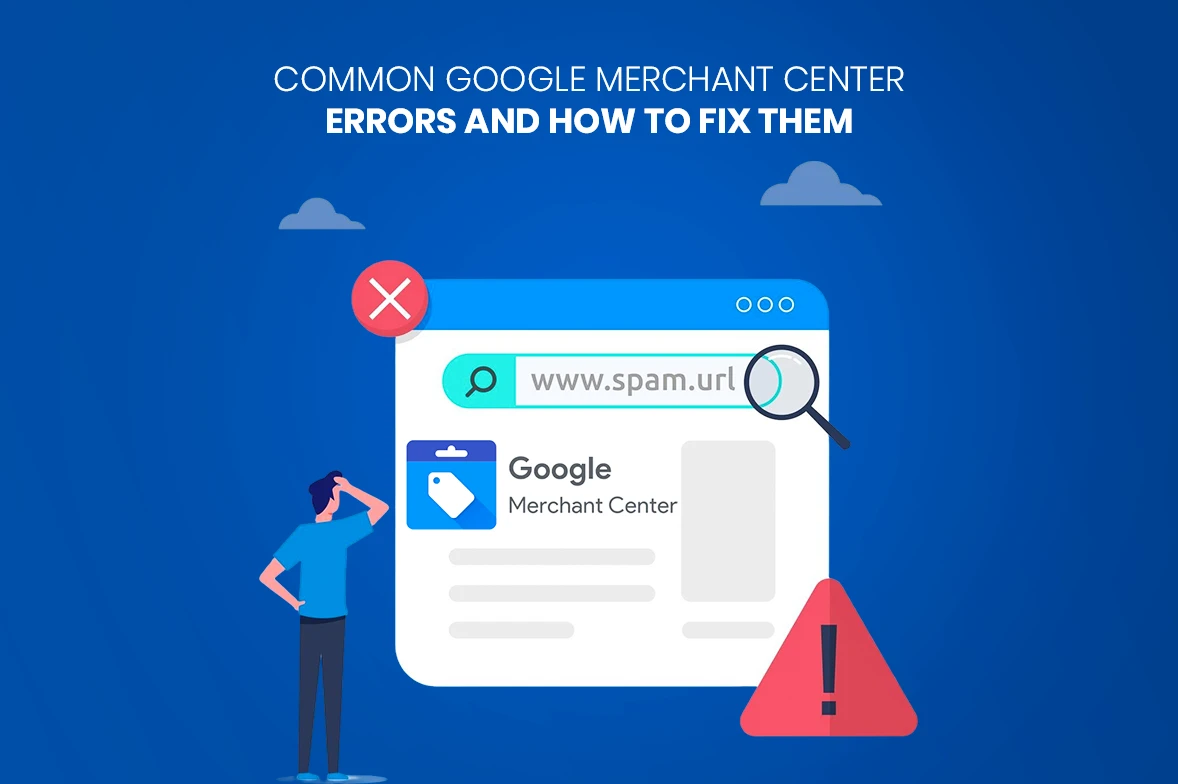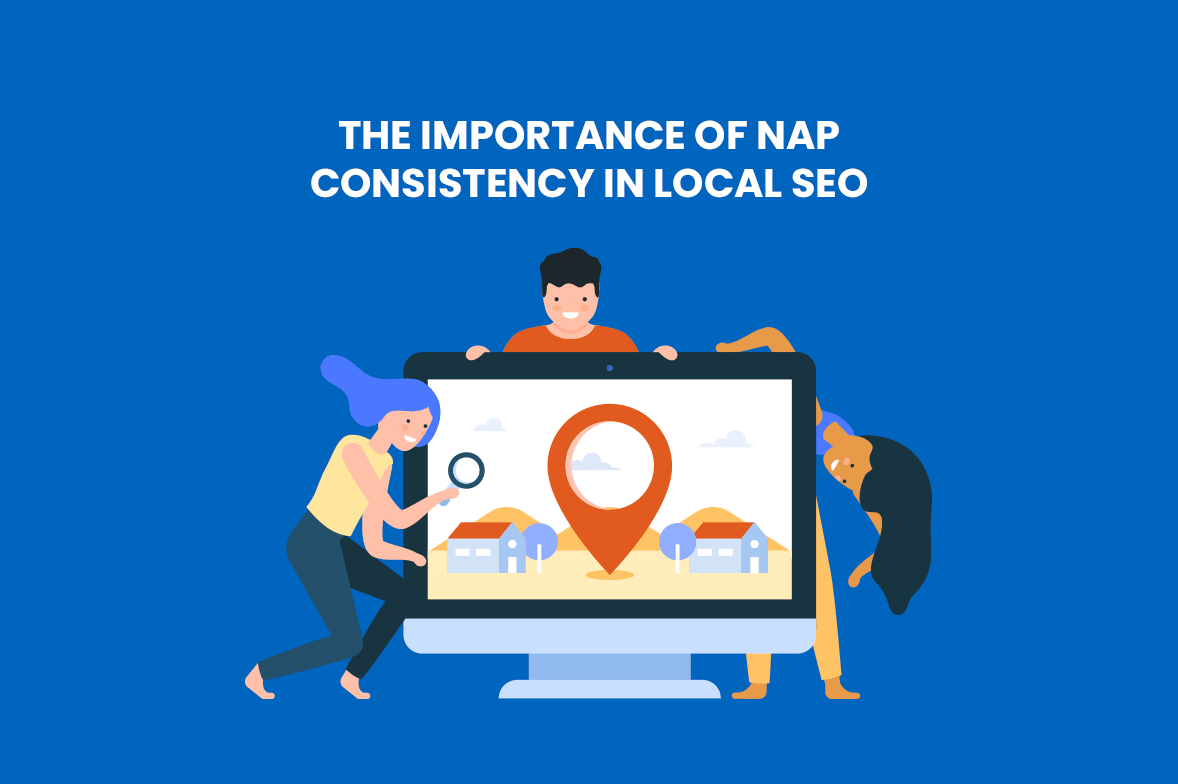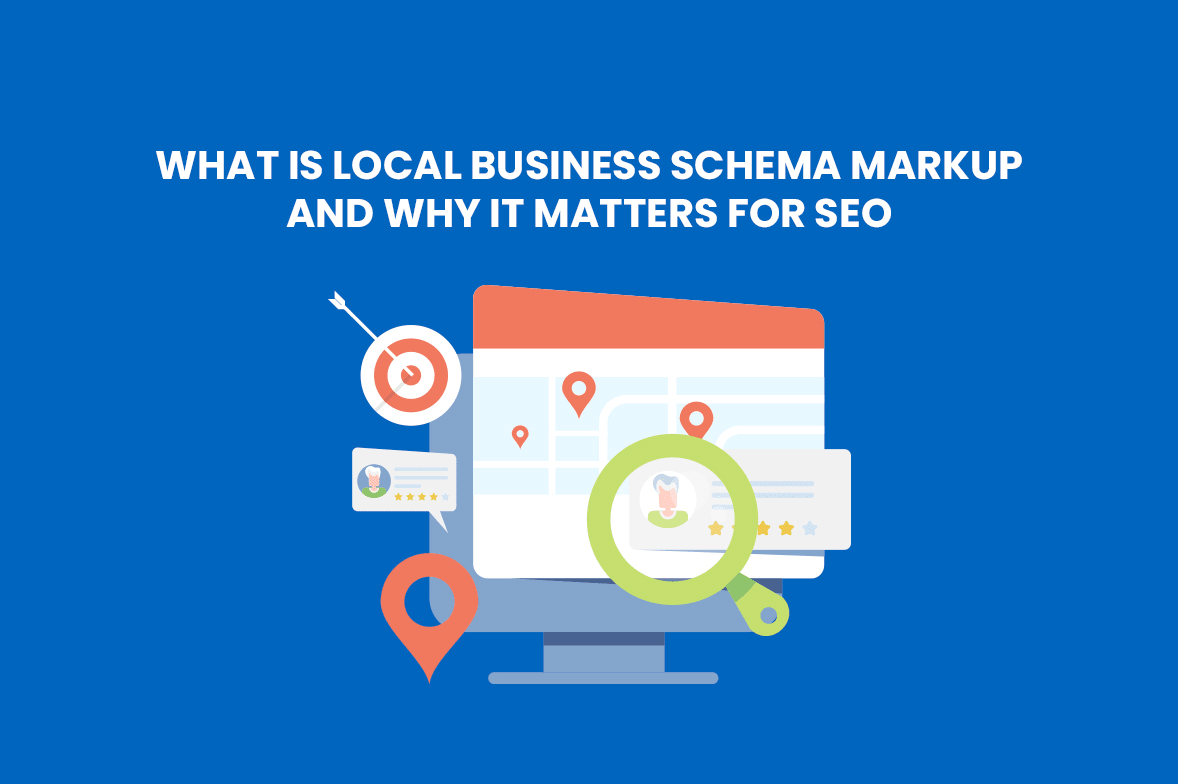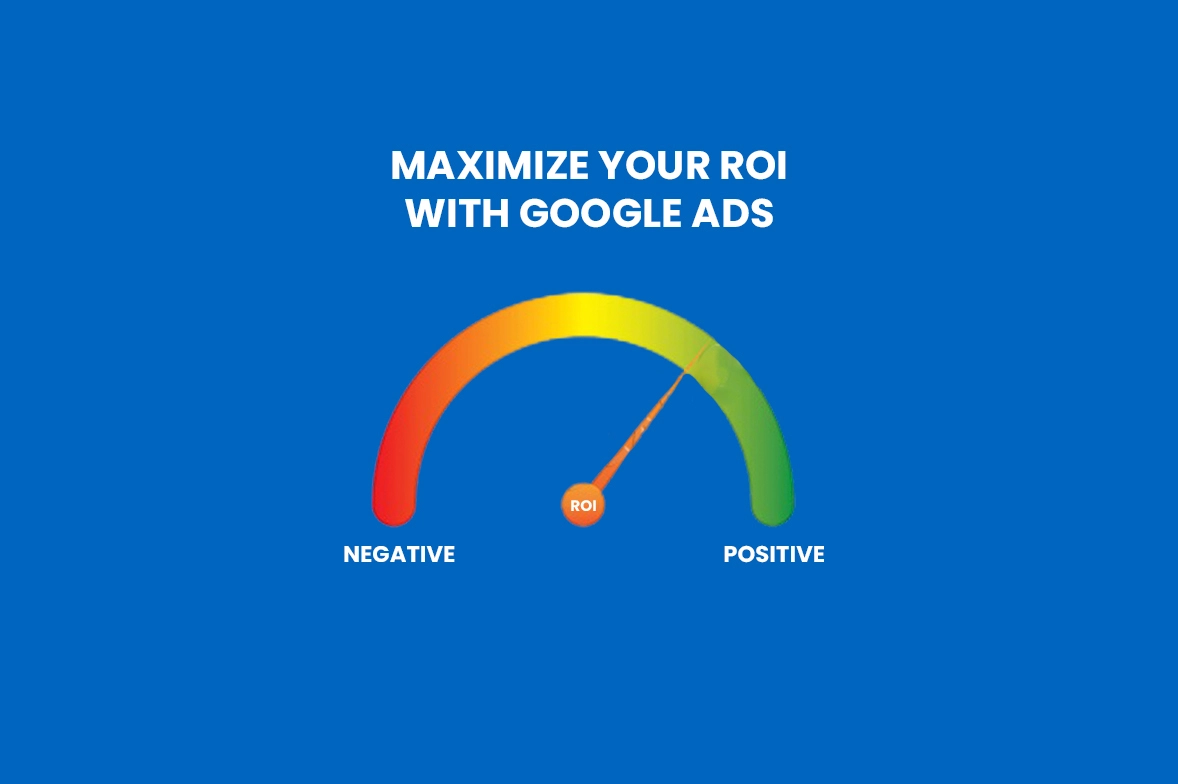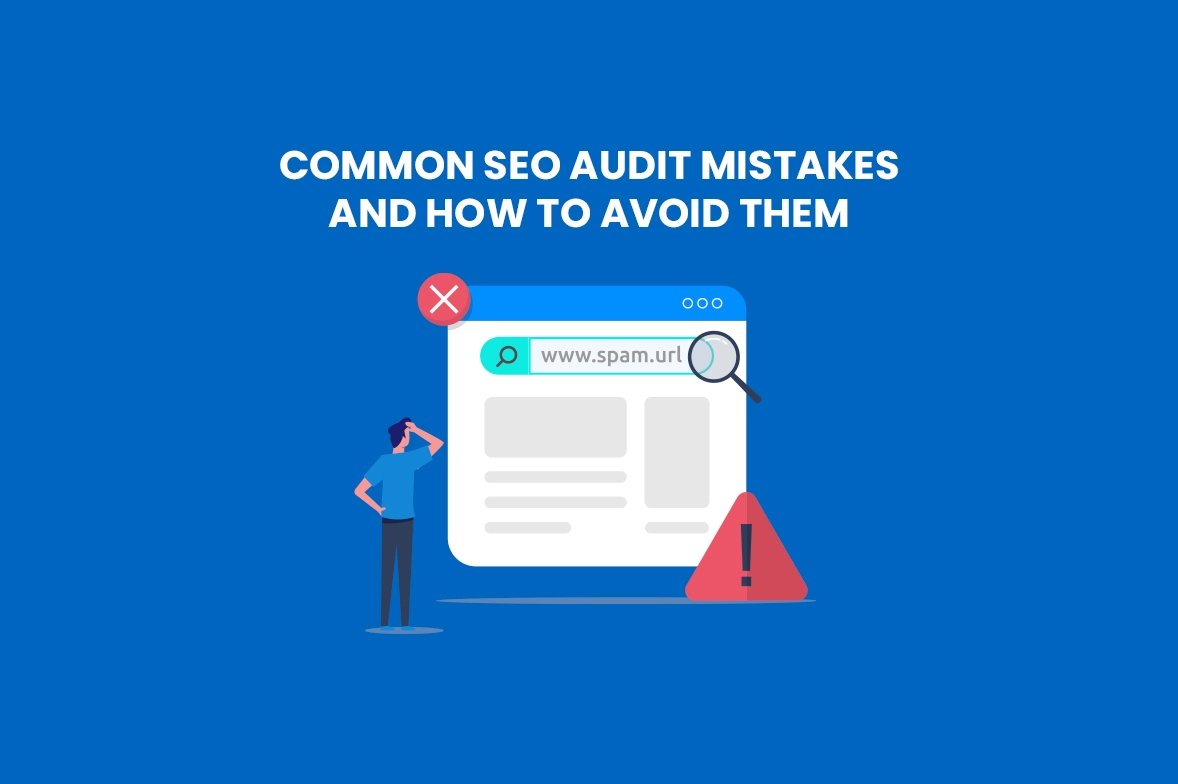
How to Increase Website Page Speed and Maximize Conversions
With the passage of time, we want everything to get faster. As a customer on the internet, waiting for over a few seconds for your webpage to load is no longer an option. It costs you a click and a possible conversion- something that could be very well avoided by making a few tweaks to improve your page speed. After the 2-second mark, every second diminishes the browsing experience for the user. So, focus on maximising website page speeds to retain customers and maximize conversions.
Research (and just common knowledge) suggests that the rates of cart abandonment are higher on e-commerce websites with low loading speeds. Revisit rates of slower websites are lower too. Even the browsing sessions are longer when pages load faster.
Here are a few things you could do for better website page speed and make the most of your website:
Redirect the redirects
Reducing how many redirects you have on your page will mean fewer HTTP requests and thereby, higher page loading speed. Having broken links on a page could also tarnish a user’s experience.
Use one of the many online tools available to identify useless redirects and broken links and eliminate them as soon as possible
Call to compress
If your webpage is image rich, it would be advisable to compress and optimise images. Recommended size is below 1 MB and the recommended formats are JPEG or PNG.
Content Distribution Network (CDN) use
For global websites with a user base across the world, a website should have copies in various data centres spread out over different locations with a Content Distribution Network (CDN) for quick and reliable access to a site.
Evade extras
Extra elements like javascripts or plugins just add to a website’s load time. While some plugins are useful in improving page speed, keep an eye out for the ones which add to the loading time.
Catch the Cache
Take advantage of cache for users who revisit websites so the copies saved mean that the entire website needn’t be reloaded, thereby adding to the loading time.
Page speed is one of the many determinants to your marketing performance and one that can reduce the bounce rate and retain a client. Given how challenging the technicality of tackling website speed is for a marketer, this article will guide you on what could help to monitor and improve web page speed by tackling the hinders to slow lead times. If you need more of a reason to improve your website page speed, here’s another one- better page speeds mean higher Google rankings too.
Nijoe Varkey
With over 20 years of experience in digital marketing, Nijoe is the founder, CEO, and driving force behind Dinero. He is an expert in SEO, social media, performance marketing, and all fields of digital marketing. With a deep understanding of industry trends and innovative strategies, he is committed to delivering results that help clients grow.
